医科学専攻
- Master's Courses
修士課程 - Doctoral Courses
博士課程
Cancer Biology(Institute of Development, Aging and Cancer)腫瘍生物学(加齢医学研究所)
STAFF
Professor
-
Chiba, NatsukoProfessor. 千葉 奈津子 教授
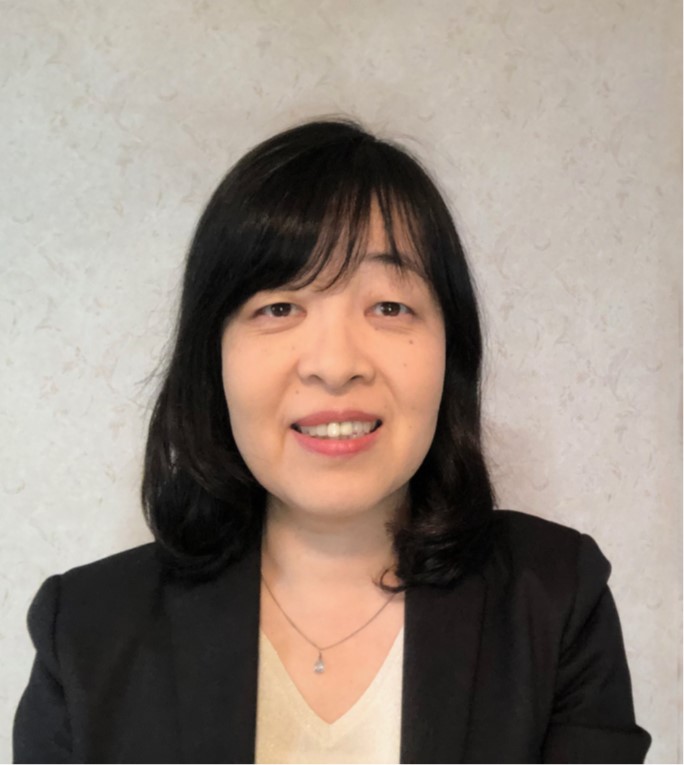
Other Faculty / Staff
-
Yoshino, Yuki
Assistant Prof. 吉野 優樹 助教 -
Zhenzhou, Fang
Assistant Prof. 方 震宙 助教
CONTACT
TEL:+81-22-717-8477
E-MAIL:natsuko.chiba.c7*tohoku.ac.jp
(「*」を「@」に変換してください)
OUTLINE
Accumulation of genetic mutations in cancer-related genes causes cancer. We are analyzing the function of BRCA1, whose genetic mutations cause hereditary breast and ovarian cancer syndromes and are involved in DNA repair and centrosome regulation. Centrosomes become spindle poles during mitosis and are important for the distribution of chromosomes. Disruption of this function leads to deletion or excess of chromosomes and causes genetic abnormalities. We have identified the BRCA1-binding molecules OLA1 and RACK1, and have shown that these cancer-derived mutations result in abnormal centrosome regulation. Recently, we have also revealed the DNA damage response of the centrosome and the regulation of the centrosome by Aurora A as an E3 ubiquitin ligase. Furthermore, we have developed a method to measure homologous recombination, a repair mechanism of DNA double-strand breaks, using the CRISPR/Cas9 system, and have measured the homologous recombination activity of BRCA1 variants, which has been used to identify new anti-cancer drug resistance mechanisms. Recently, it has also become possible to measure homologous recombination activity in tissues. In the future, we aim to further develop these studies to search for target molecules for treatment and prevention and predictors of sensitivity to anticancer drugs, and to contribute to the development of cancer diagnosis and treatment.
がん関連遺伝子の遺伝子変異の蓄積が、がんを引き起こします。私達はその遺伝子変異によって遺伝性乳がん・卵巣がん症候群を引き起こし、DNA修復、中心体制御に関与するBRCA1の機能を解析しています。中心体は、分裂期に紡錘体極となり、染色体の均等分配に重要で、この機能の破綻は、染色体の欠失や過剰をもたらし、遺伝子異常の原因になります。私達はBRCA1結合分子OLA1、RACK1を同定し、これらのがん由来の変異が中心体制御能に異常を来すことを明らかにしてきました。また最近は、中心体のDNA損傷応答やAurora Aのユビキチン化能による中心体制御を明らかにしました。さらに、私達はCRISPR/Cas9システムを利用して、DNA二本鎖切断の修復機構である相同組換え修復能を測定する方法を開発し、BRCA1バリアントの相同組換え修復能を測定し、これを利用して新たな抗がん剤耐性機構を明らかにし、最近は組織での相同組換え修復の測定も可能になりました。今後は、これらの研究をさらに発展させ、治療や予防のための標的分子や抗がん剤の感受性予測因子を探索し、がんの診断・治療法の開発に貢献することをめざしています。
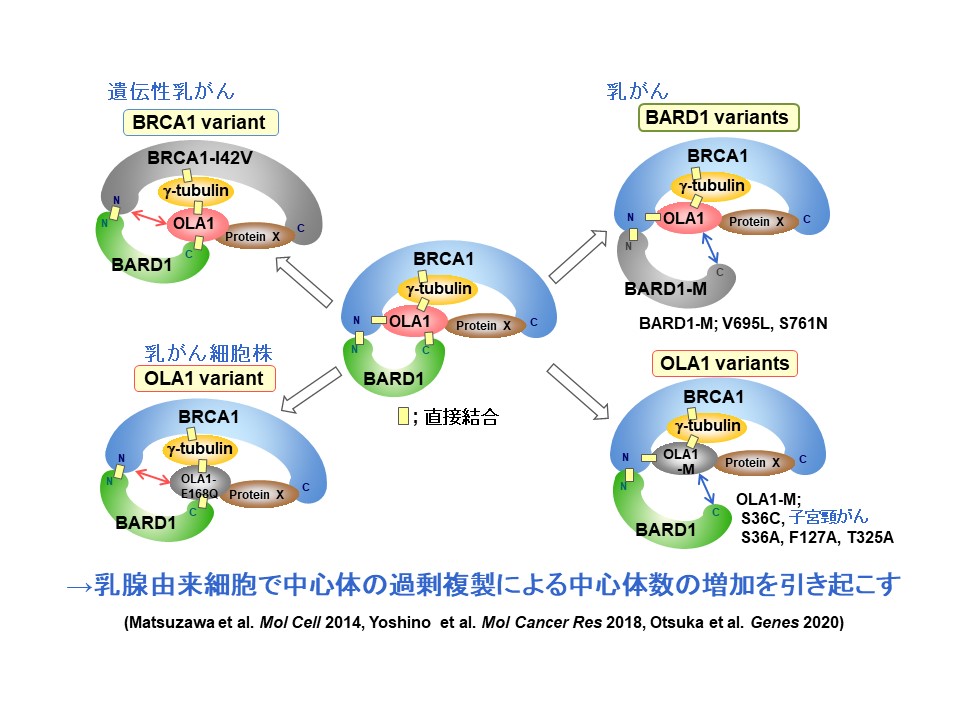
The conformational changes of the BRCA1/BARD1/OLA1/?-tubulin complex by cancer-derived variants.
がん由来の変異によるBRCA1/BARD1/OLA1複合体の異常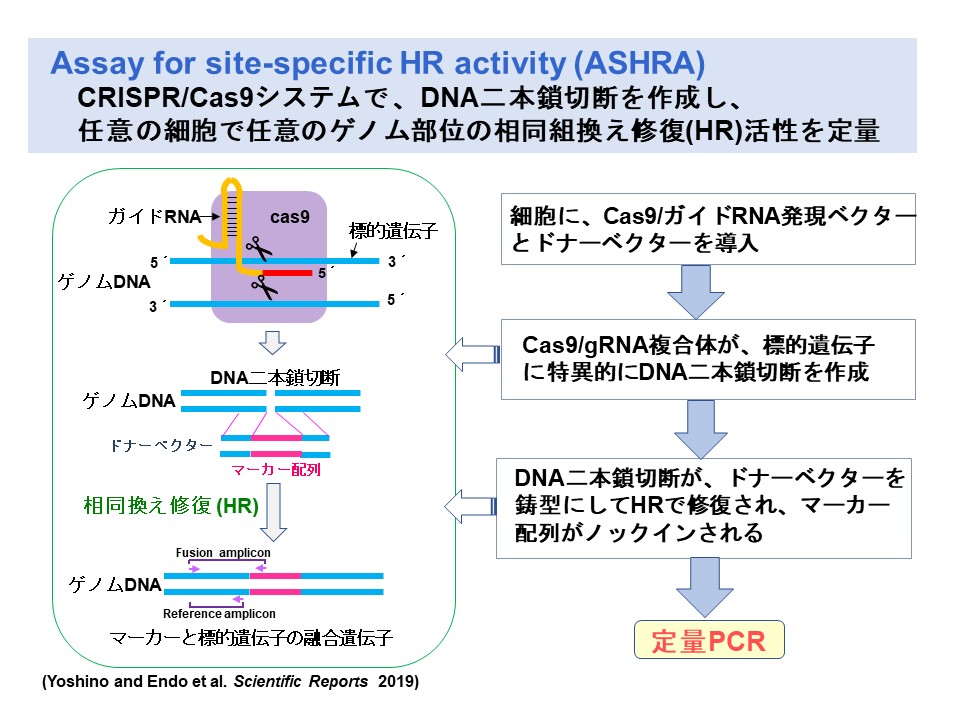
Assay for site-specific homologous reccombination activity (ASHRA)
相同組換え修復活性の測定法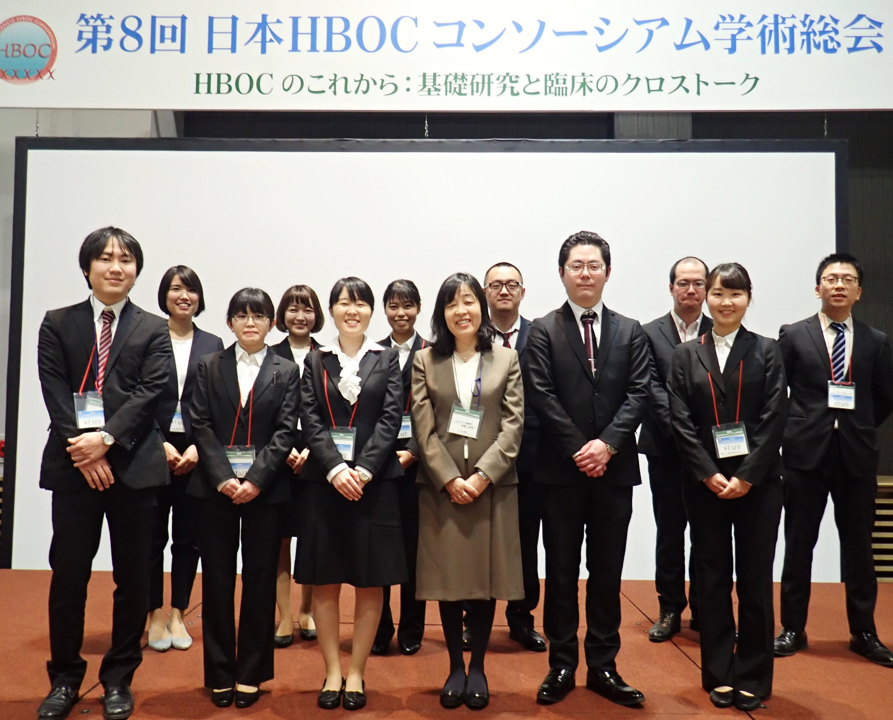
The 8th Annual Meeting of the Japan HBOC Consortium
第8回日本HBOCコンソーシアム学術総会にて
ARTICLE
Motonari T et al. Evaluating homologous recombination activity in tissues to predict the risk of hereditary breast and ovarian cancer and olaparib sensitivity. Scientific Reports, 14: 7519, 2024 doi.org/10.1038/s41598-024-57367-6
Yoshino Y et al. Knockout of Brca1-interacting factor Ola1 in female mice induces tumors with estrogen suppressible centrosome amplification. BBA - Molecular Basis of Disease 1870 (5):167138, 2024 doi.org/10.1016/j.bbadis.2024.167138
Fang Z et al. Aurora A polyubiquitinates the BRCA1-interacting protein OLA1 to promote centrosome maturation. Cell Reports, 42:112850, 2023 doi: org/10.1016/j.celrep.2023.112850
Qi H et al. BRCA1 transports the DNA damage signal for CDDP-induced centrosome amplification through the centrosomal Aurora A. Cancer Science, 113(12):4230-4243, 2022 doi: 10.1111/cas.15573.
Yoshino Y et al. RACK1 regulates centriole duplication by controlling localization of BRCA1 to the centrosome in mammary tissue-derived cells. Oncogene, 38(16):3077-3092, 2019 doi:10.1038/s41388-018-0647-8

 医学部奨学賞・東北医学会奨学賞・医学部学生奨学賞授与式が行われました
医学部奨学賞・東北医学会奨学賞・医学部学生奨学賞授与式が行われました
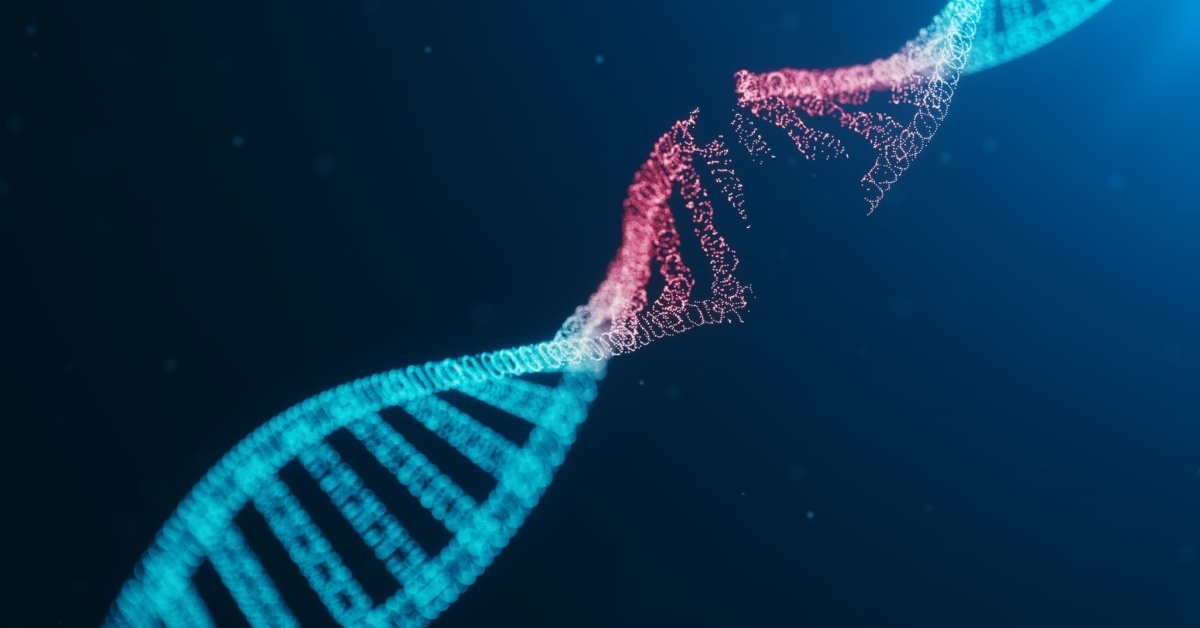 腫瘍組織や血液のDNA損傷修復活性の測定法の開発 ー抗がん剤の有効性や遺伝性腫瘍の診断を可能にー
腫瘍組織や血液のDNA損傷修復活性の測定法の開発 ー抗がん剤の有効性や遺伝性腫瘍の診断を可能にー
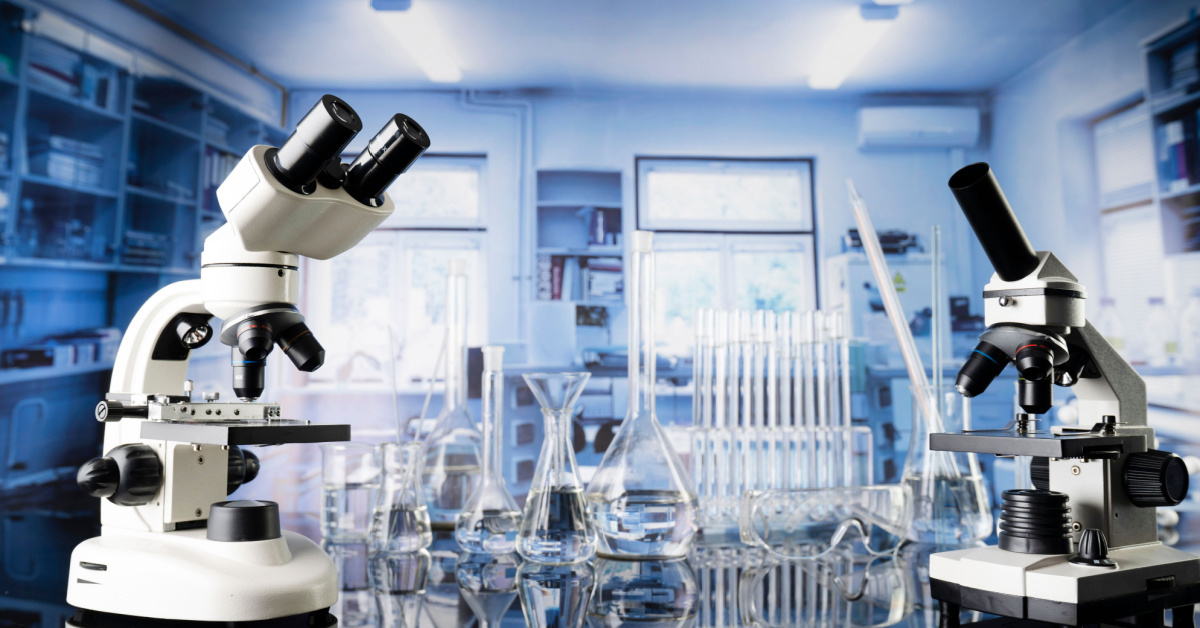 細胞分裂を制御する酵素 Aurora A が遺伝性乳がん関連分子を制御する新機構を発見-Aurora Aがユビキチン化能を持ち、中心体の成熟を促進-
細胞分裂を制御する酵素 Aurora A が遺伝性乳がん関連分子を制御する新機構を発見-Aurora Aがユビキチン化能を持ち、中心体の成熟を促進-
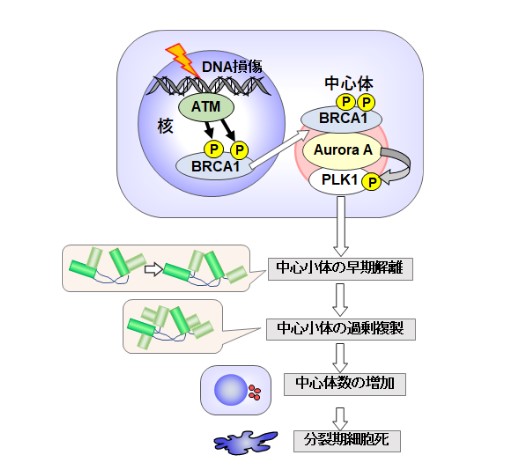 遺伝性乳がん・卵巣がん症候群の原因となる BRCA1 の新たながん抑制能を発見 -核内の DNA 損傷シグナルを核の外に伝達して細胞死へ-
遺伝性乳がん・卵巣がん症候群の原因となる BRCA1 の新たながん抑制能を発見 -核内の DNA 損傷シグナルを核の外に伝達して細胞死へ-